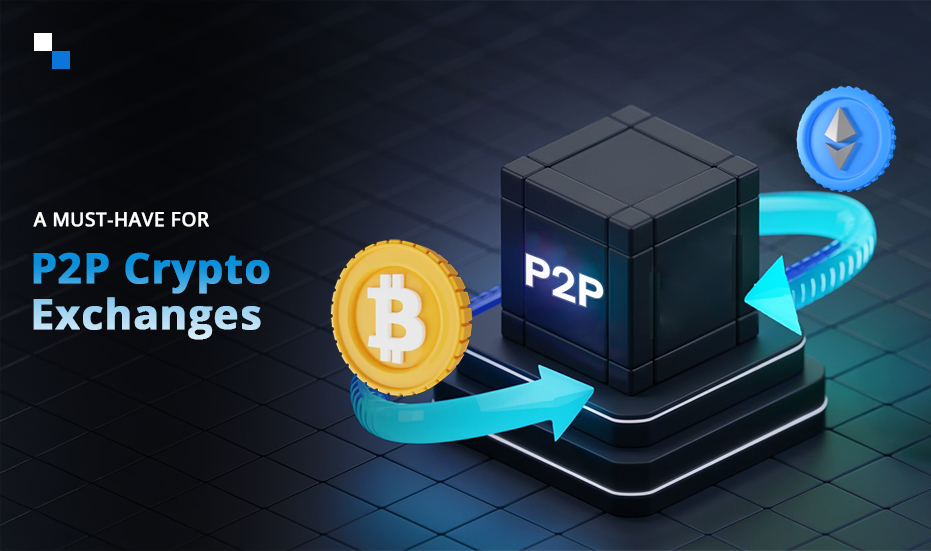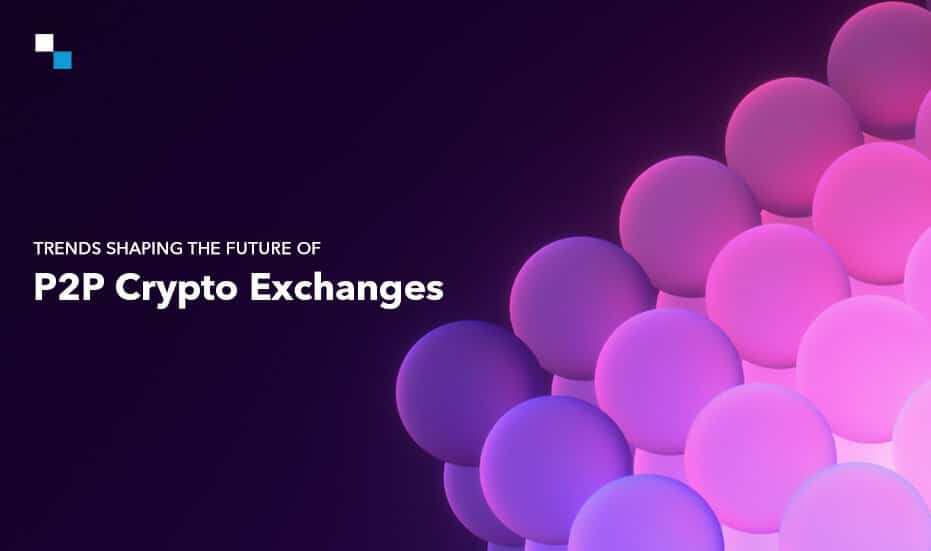
Decoding Compliance for Security Token Offerings : US and EU Overview
May 31, 2019Build Crypto Exchange That Meets User Expectations & Drives Profit
June 14, 2019The booming cryptocurrency market has had various roadblocks along its way. Besides technical difficulties, the two major problems that affect the cryptosphere include – lack of clear regulatory guidelines and security issues due to independent, centralized services.
The recent attempts to devise a regulatory framework – to drive the cryptocurrency landscape – have helped overcome issues due to missing regulatory guidelines. However, security issues are still prevalent. From Mt. Gox theft that led to the loss of around $2.2 billion worth of bitcoins to the recent Binance hack that resulted in theft of $40 million worth of bitcoins – the incidents show that centralized services are more vulnerable to security hacks and that hackers will always find a way to exploit them.
A solution to deal with security issues plaguing the crypto market is a decentralized exchange (DEX). A DEX allows users to buy and sell cryptocurrencies without involving any third party. Waves DEX, BitShares, NXT, CounterParty are some of the decentralized exchanges which have been around for a while. These exchange platforms leverage the blockchain technology to provide their users with trustless trading experience.
Another solution that has been around for a while is peer-to-peer (P2P) exchange. It precedes decentralized exchange and allows the users to buy and sell cryptocurrencies using out-of-band payment modes.
A question that has been doing the rounds is – will decentralized exchange replace P2P exchange?
A P2P exchange has its own set of advantages. Let’s delve into each advantage to get an answer to this question.
Increasing Popularity
P2P exchanges are extremely popular. Despite the progress made by decentralized exchanges over the years, users are more likely to adopt a simple and familiar platform like peer-to-peer exchange. The recent events, such as China cracking down cryptocurrency exchanges or forcing exchanges to stop providing its trading services, resulted in the need for a much more versatile platform that could adjust to such situations easily. Thus, the need to develop a P2P crypto exchange was realized.
Fiat Support
No matter how popular cryptocurrency becomes, cash still remains the king and there is no easy way to change this, not anytime soon. Decentralized exchange platforms allow crypto-to-crypto trading, but they are still very far off from fiat currencies. Although some projects like Waves and Bitshares offer fiat-pegged tokens, converting these tokens into cash is not very easy and needs the user to trust a centralized gateway.
Simple and Convenient
The convenience and simplicity of peer-to-peer exchanges is the primary reason why people resort to such exchanges. The DEXs are still in their development phase and lack the ease factor. Even though blockchain-based decentralized exchanges have provided better user interface, they are still a bit confusing for less tech-savvy users. Additional steps required in a decentralized exchange, such as downloading and installing the software, creating and backing up the wallet, and more, prevent users from leveraging benefits of decentralized exchanges.
On the other hand, P2P exchanges are simple and convenient to use. A user can start trading in just three simple steps:
- Visit the website
- Create an account
- Start trading
Given that a large number of people rely on mobile phones to access business services, crypto trading being no exception, a P2P exchange development company even provides mobile-based crypto trading applications (for Android and iOS) to cater mobile users.
Revenue Stream
Peer-to-peer exchanges offer revenue stream along with safe access to cryptosphere. Users can earn rewards through affiliate programs created by the exchanges. Referral programs are a great way to earn some extra cash for inviting friends to join an exchange platform. This, in turn, brings more traffic to an exchange and creates a larger variety of options to buy and sell cryptocurrency.
With all these advantages, it would not be wrong to say that P2P exchanges are certainly not fading away, not anytime soon – especially when the benefits offered by them are currently unachievable by blockchain-based DEXs. As the technology is tuned, decentralized exchanges may become more popular among crypto enthusiasts. It is more likely that P2P exchanges will co-exist with decentralized exchanges and act as a gateway to a fully decentralized ecosystem.


